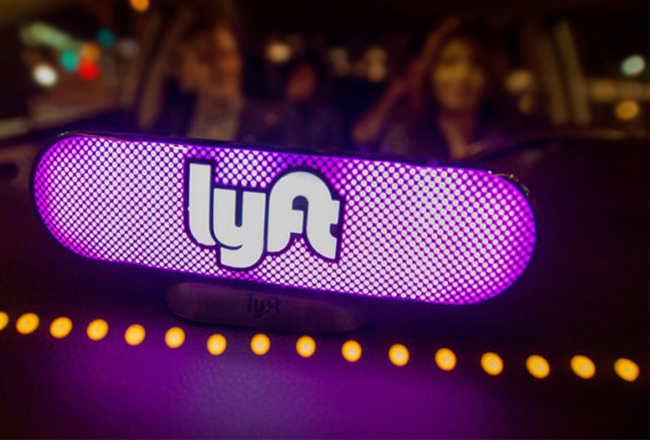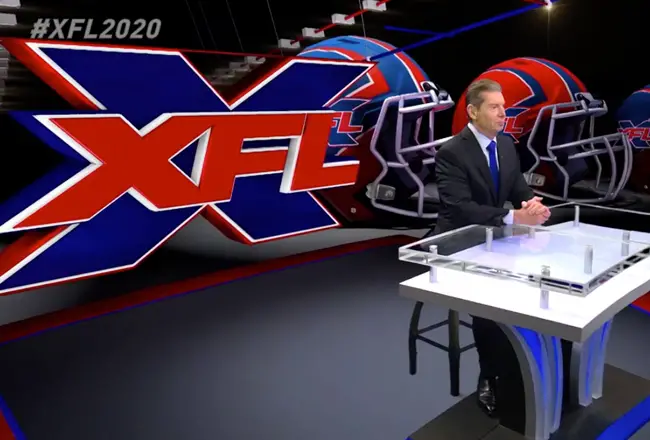A federal judge has ruled that a lawsuit by a White Plains resident demanding that Lyft Inc. provide wheelchair access may move forward.
District Judge Nelson S. Roman denied Lyft”™s motion to dismiss the 2017 class-action lawsuit under the federal Americans with Disabilities Act in a Nov. 29 opinion.
 The lawsuit was brought by Harriet Lowell of White Plains who relies on a motorized scooter for travel, and by Westchester Disabled on the Move Inc., a Yonkers organization that works to remove barriers to people with disabilities.
The lawsuit was brought by Harriet Lowell of White Plains who relies on a motorized scooter for travel, and by Westchester Disabled on the Move Inc., a Yonkers organization that works to remove barriers to people with disabilities.
“Without reliable transportation options,” they argued in an amended complaint, “people cannot maintain employment, obtain health care, visit friends and family, or otherwise be full and regular participants in civil life.”
Ultimately, they want the court to require San Francisco-based Lyft to ensure full and equal access for disabled riders.
Roman, however, dismissed their claims under the New York City human relations law and he dismissed Westchester Disabled”™s claim under the state human relations law.
The gist of their case is that smartphone, ride-hailing applications offer convenient, quick and cheap transportation options, but Lyft”™s services “are only available to able-bodied consumers.”
Lyft does not offer wheelchair access vehicles in Westchester and many other locations, the complaint states. It does require New York City drivers to register with the Taxi and Limousine Commission, but it is not subject to regulations there that require cab companies to provide wheelchair access to half of their fleets.
Disabled people who try to use the service get a text message about alternatives. But subways and buses are inaccessible or agonizingly slow to use, the complaint states. Registering for a paratransit service can take several weeks and many operators require trips to be booked at least 24 hours in advance. And most taxis do not allow payments from smartphones.
Lowell makes two trips a month to New York City for health care and other services. She gets there in a van equipped for her scooter when her husband is able to make the trip. A ride-hailing service would enable her to go to the city more often and travel short distances from her downtown White Plains home when rain or snow make her scooter inoperable.
Lyft argued that Lowell and Westchester Disabled lack legal standing. Lowell, for instance, has not signed up for the service, so she had failed to identify a concrete injury. But Roman noted that she had heard from other disabled people that using the service was futile, therefore she had a plausible claim for injury.
Westchester Disabled claimed it has standing because it diverted resources from its mission to file the lawsuit. But the organization cited no examples of using its resources, such as conducting an investigation, so Roman granted Lyft”™s motion to dismiss claims under the state and New York City laws, but not under the federal law.
Lyft also argued that, under its terms of service, Lowell and Westchester Disabled had to file federal discrimination claims with an arbitrator, not with a court.
“It seems supremely unjust,” Roman said, “to hold individuals to an arbitration clause buried in the verbiage of a terms of service agreement for a service that they did not sign up for, particularly when those individuals have not received any benefits from the agreement.”
Lyft also disputed that it is a “public accommodation in the business of transportation” under the Americans with Disabilities Act.
It is premature at this phase in the lawsuit to decide that question, Roman ruled. But for now, he found, Lowell and Westchester Disabled have made plausible claims that Lyft operates a “public accommodation” and has discriminated against Lowell by “denying her a full and equal opportunity to enjoy the defendant”™s services.”
Lowell and Westchester Disabled are represented by White Plains attorneys Jeremiah Frei-Pearson, Chantal Khalil and Andrew C. White. Lyft is represented by Manhattan attorneys Harry Kinsler Fidler and Sara Lynn Shudofsky.





















“Wheelchair van conversion prices range from $10,000 to more than $20,000 depending on what you want to do, the type of technology you are seeking and the type of vehicle you currently have.”
So who is going to pay for the $10,000 to $20,000 conversions for drivers who perhaps once a year will be at the right place at the right time to pick up someone in a wheelchair?
This lawsuit is outrageous and a disgrace. The woman is probably a serial lawsuit filer.
I live in Springfield, Massachusetts and here driver’s have to use their personal vehicles and cannot lease vehicles through Lyft like they may be able to do in big cities. I guess in larger cities, Lyft could mandate that some of the vehicles that are leased be ones that are wheelchair accessible, but in most of the US, driver’s who are using their own vehicles would not be able to make any such accommodations.